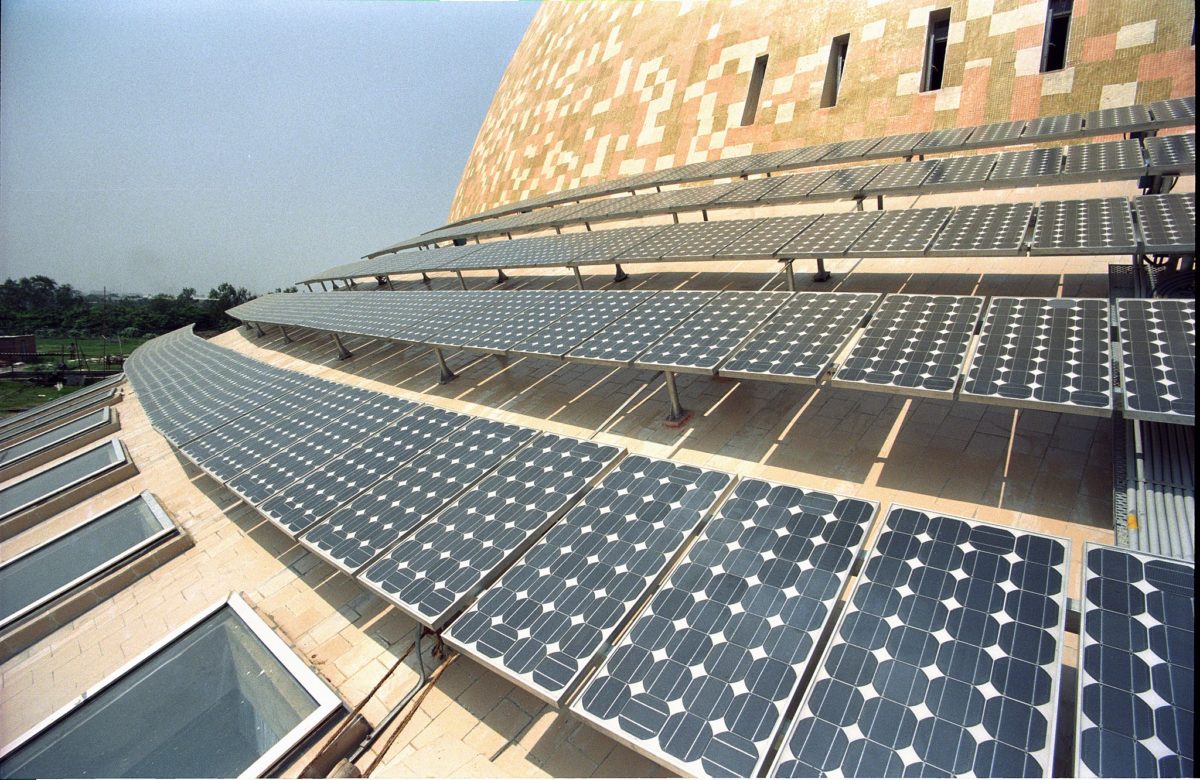The Kerala State Electricity Regulatory Commission (KERC) has extended the financial incentive paid to developers of off-grid solar systems for another two years.
The five-year order enabling payment of one rupee for each kilowatt-hour generated by off-grid arrays expired at the end of September but has now been backdated to continue uninterrupted until October 1, 2021. However, as before, the payments will stop if the Kerala State Electricity Board meets its annual solar renewable purchase obligation (RPO).
The electricity board is unlikely to meet that requirement any time soon as it will take time for various recently allocated solar projects to start supplying power. The board has approved 200 MW of new solar generation capacity under its Soura plan, which aims for 1 GW of new facilities by 2022; greenlit a further 200 MW after a competitive bidding process; and has waved through plans by coal giant the NTPC for a 92 MW floating solar project.
Suitable incentives
“However, it may take another two years for solar energy from the above projects to flow into the grid as planned by [the] KSEB [Kerala State Electricity Board],” stated the KERC order approving extension of the off-grid incentive payments. “Considering the shortfall in meeting the solar RPO by [the] KSEB, the commission feels that … off-grid solar generation also has to be promoted by providing suitable incentives.”
The Soura scheme was launched by the state government in August and aims to drive 500 MW of rooftop solar; 200 MW of ground-mounted project capacity; 150 MW of floating solar – including 50 MW of canal-based arrays; and a 150 MW solar park. The PV rooftops will be allocated between 150 MW of capacity on households and agricultural buildings, 100 MW on public property and 250 MW on ‘other buildings’, presumably commercial and industrial structures.
Introduced under the state’s renewable power and energy efficiency – Urja Kerala – mission, the first phase of the Soura program aims to install 200 MW of solar capacity in the current financial year with a further 300 MW due in the next fiscal year.
This content is protected by copyright and may not be reused. If you want to cooperate with us and would like to reuse some of our content, please contact: editors@pv-magazine.com.








By submitting this form you agree to pv magazine using your data for the purposes of publishing your comment.
Your personal data will only be disclosed or otherwise transmitted to third parties for the purposes of spam filtering or if this is necessary for technical maintenance of the website. Any other transfer to third parties will not take place unless this is justified on the basis of applicable data protection regulations or if pv magazine is legally obliged to do so.
You may revoke this consent at any time with effect for the future, in which case your personal data will be deleted immediately. Otherwise, your data will be deleted if pv magazine has processed your request or the purpose of data storage is fulfilled.
Further information on data privacy can be found in our Data Protection Policy.